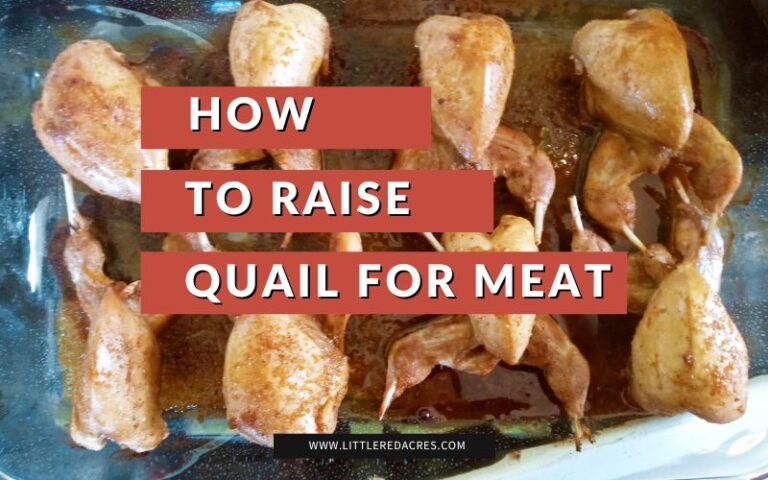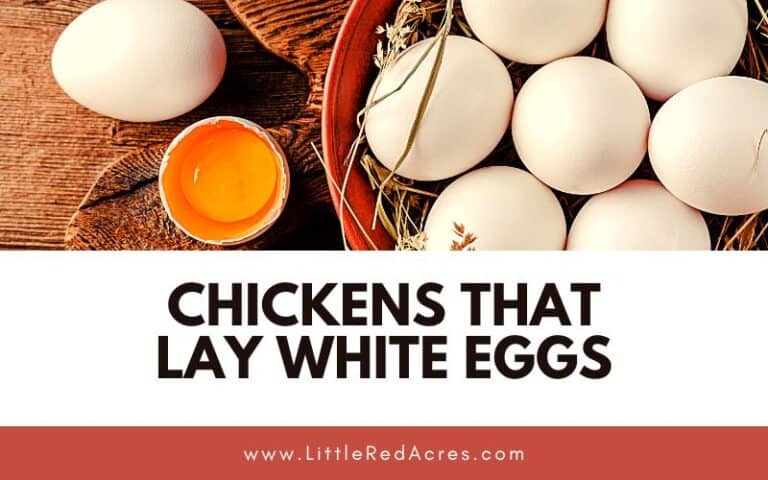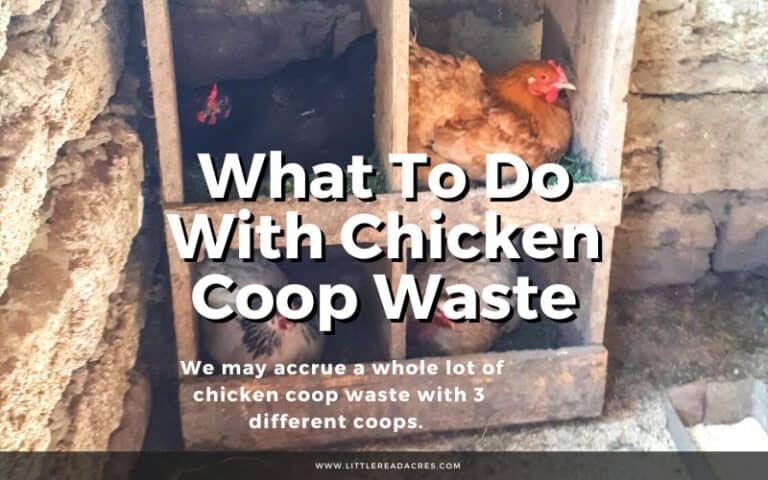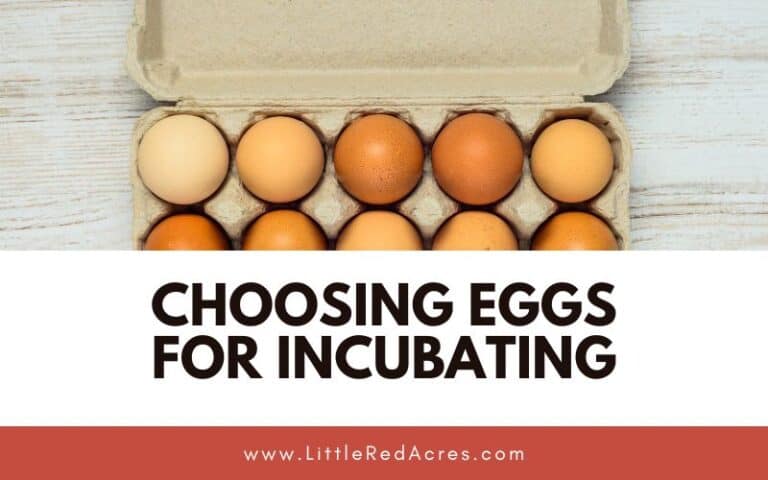Increase Egg Production in Chickens: A Guide to Maximum Yield
Inside: Discover the key strategies for boosting egg production in chickens. From nutrition to breeding, unlock the secrets to a thriving and prolific flock.
Increasing egg production in chickens is a top priority for poultry farmers and backyard enthusiasts alike. Whether you're running a commercial operation or simply maintaining a small flock, boosting egg production is essential for both profitability and sustainability.
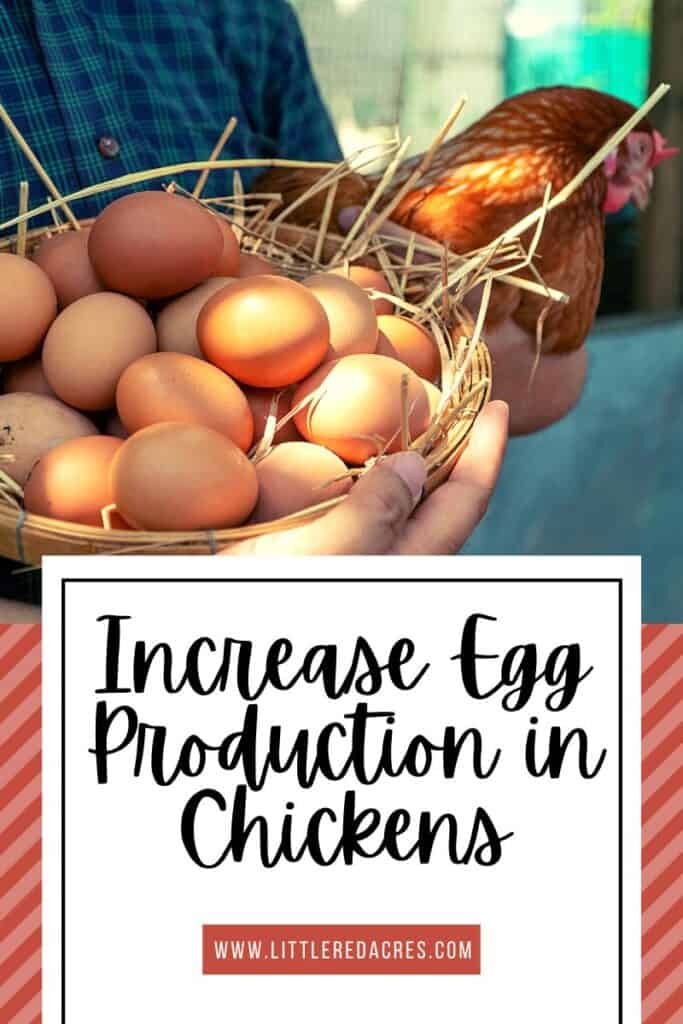
This post may contain affiliate links, see my disclosure policy for more information.
Increase Egg Production in Chickens
We all want our chickens to lay more eggs, especially during the winter months when they are laying enough to keep us in eggs.
Nutrition Matters
One of the most important elements for boosting egg production in chickens is providing a well-balanced and nutritious diet.
Essential nutrients, including proteins, vitamins, and minerals, play a crucial role in egg development.
Calcium is important for strong eggshells. If your hens lack sufficient calcium, they might draw from their own bone stores, leading to health issues. Supplementing their diet with crushed oyster shells or eggshells can help maintain optimal calcium levels.
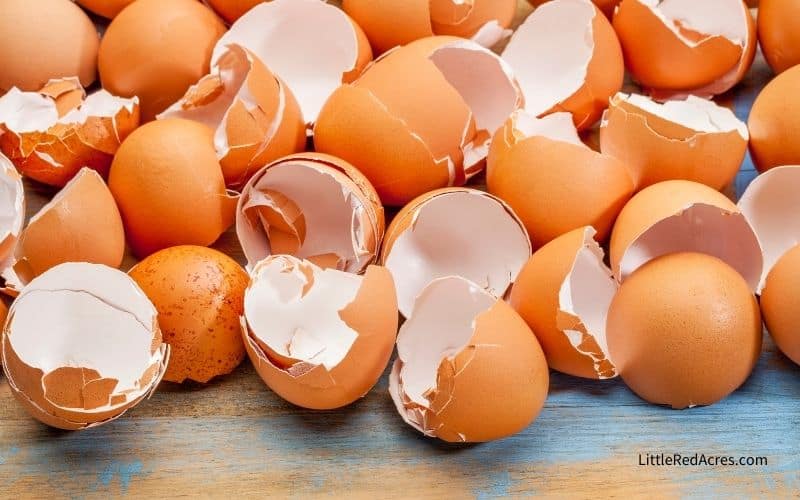
Proper Lighting Conditions
Chickens are highly influenced by the amount of daylight they receive. Exposure to longer daylight hours stimulates the production of eggs. This is why during the winter months egg production drops off, particularly in older laying hens.
Artificial lighting can be used to extend the day length, ensuring that hens receive at least 14 to 16 hours of light per day.
Remember: sudden changes can cause stress to the chickens, impacting their egg-laying patterns. Implementing a gradual increase or decrease in lighting over several days will help them adapt more comfortably.
Comfortable Housing and Nesting Boxes
Creating a comfortable and stress-free environment is essential for optimal egg production. Make sure that your chicken coop is well-ventilated, clean, and free from drafts.
Proper insulation helps maintain a consistent temperature, preventing stress that can negatively impact egg-laying.
Ensure there is one nesting box for every three to four hens, and keep them clean to encourage regular use. I know they might not use all the boxes you have, our bantam brahmas all seem to need to lay in one nesting box, no matter if someone is already in there.

Disease Prevention and Health Maintenance
Regular health checks and vaccinations are crucial to prevent the spread of infectious diseases within the flock.
Implement a parasite control program to manage external and internal parasites that can negatively impact egg production. Parasite-free hens are generally healthier and more productive.
Selecting the Right Breeds
Not all chicken breeds are equal when it comes to egg production. If your primary goal is to maximize egg yield, consider selecting high-production breeds such as Leghorns, Rhode Island Reds, or Sussex.
These breeds are known for their prolific egg-laying capabilities and can be valuable assets to your flock.
Strategic Breeding Practices
Selective breeding can also play a role in maximizing egg production. If you are managing a breeding program, choose parent stock with a history of high egg production. Over several generations, this selective breeding can result in a flock with improved genetic traits for increased egg yield.
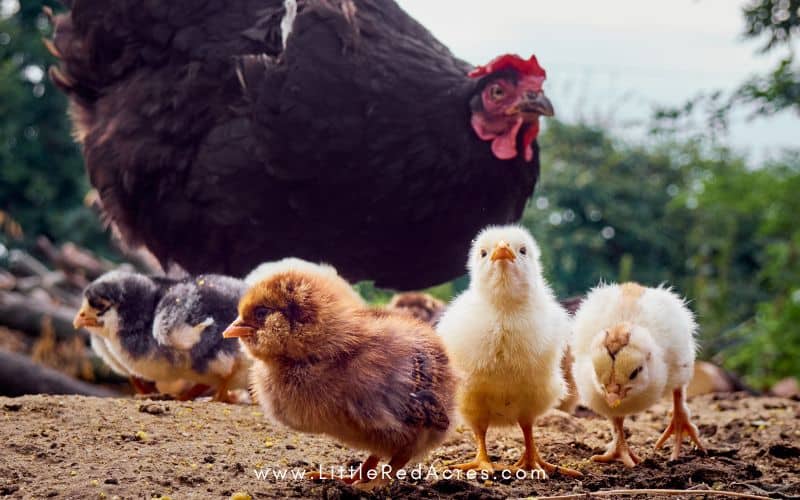
Increasing egg production in chickens requires a holistic approach that encompasses nutrition, lighting, housing, health, and breeding practices. By implementing these strategies and maintaining a consistent and attentive approach to your flock, you can enhance egg production and contribute to the overall success of your poultry operation.
Remember, a happy and healthy chicken is more likely to be a productive one, so prioritize the well-being of your flock as you strive to maximize egg production.
Frequently Asked Questions
What can I feed my chickens to increase egg production? During the fall and winter, your chickens will benefit from having some extra protein. It's important to feed chickens enough nutrients, specifically calcium, so they lay eggs.
Does cayenne pepper help chickens lay eggs? There is only anecdotal evidence that sprinkling cayenne pepper in your chickens' feed will improve their laying. Supposedly it “heats up” the chickens and boosts egg production.

Want More?
Chickens that Lay Medium Sized Eggs
What Goes Into Raising Chickens

